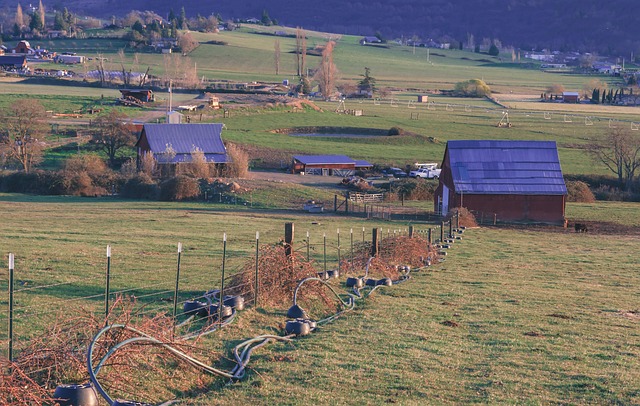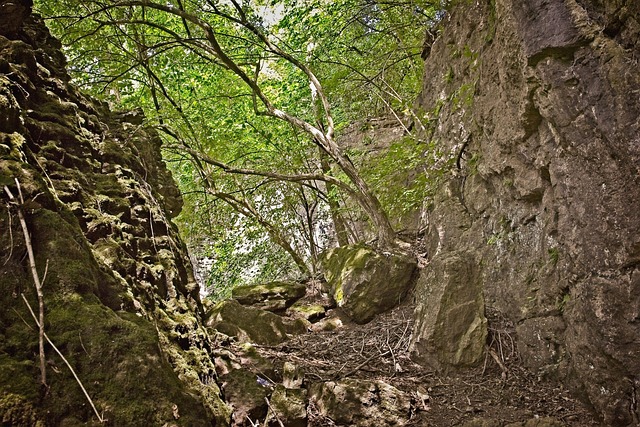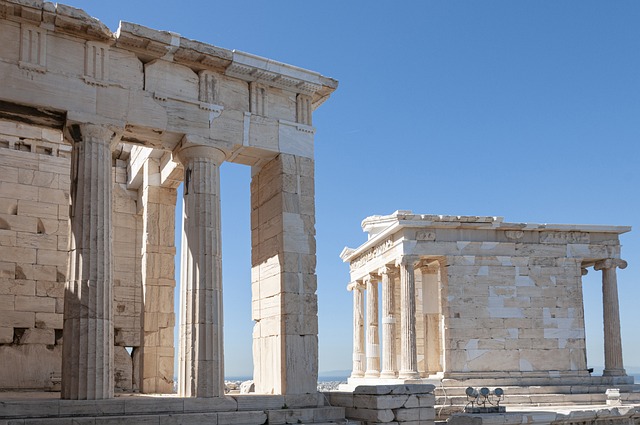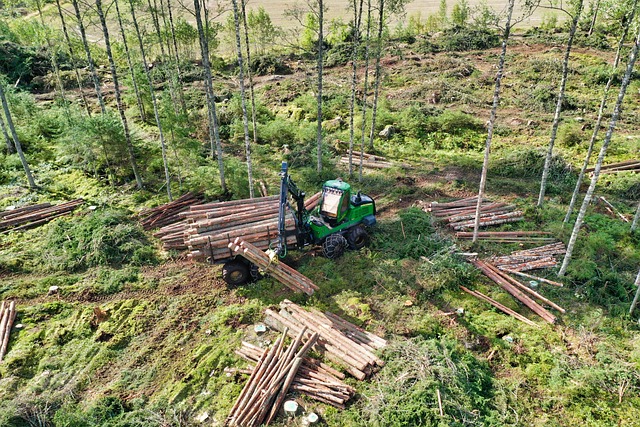Springfield's founding in the 19th century, driven by visionary pioneers, laid the groundwork for a thriving metropolis centered on agriculture and commerce. Its rich colonial-era history shaped a unique economic landscape, blending traditional industries with modern sectors like tech and healthcare. Today, Springfield continues to honor its past while embracing community engagement and strategic development initiatives, fostering a vibrant hub that reflects its profound founding roots.
Springfield, with a rich history dating back to its founding in the 18th century, has evolved into a vibrant modern city. This article explores Springfield’s journey from its early settlers’ vision to its current status as a thriving urban center. We delve into the city’s past, present, and future, examining its cultural revitalisation, economic landscape, and community engagement. Discover how Springfield’s founding history continues to shape its identity in the modern era.
- Springfield's Early Settlers and Founding Vision
- A City's Evolution: From Past to Present
- Modern Infrastructure: Springfield's Growing Pains
- Cultural Revitalization: Preserving Historic Roots
- Economic Landscape: Opportunities and Challenges
- Community Engagement: Shaping the Future Together
Springfield's Early Settlers and Founding Vision
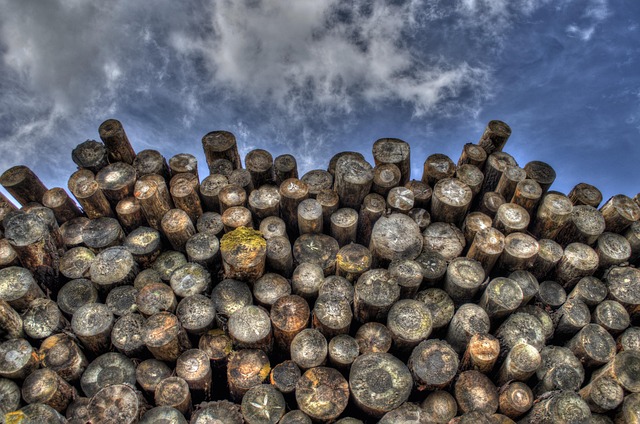
Springfield, with its rich history, was founded by a group of visionary pioneers who sought a new beginning in the 19th century. The early settlers were drawn to the area’s fertile land and strategic location along major trade routes. Their founding vision was to establish a thriving community centered around agriculture, commerce, and a strong sense of self-sufficiency.
These pioneers laid the groundwork for what would become a bustling metropolis, envisioning a place where their families could prosper and contribute to a growing nation. The Springfield founders’ determination and shared purpose created a lasting legacy, shaping the town into a vibrant hub that continues to thrive in the modern era.
A City's Evolution: From Past to Present
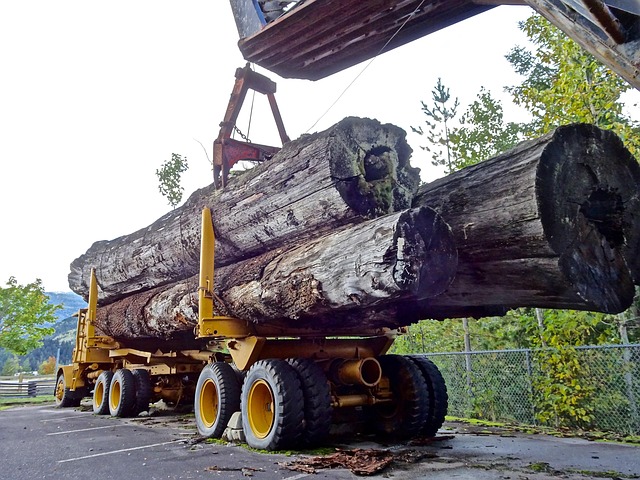
Springfield, with a rich history dating back to its founding in the 18th century, has undergone a remarkable evolution over time. Originally established as a colonial settlement, it grew into a thriving urban center, becoming a vital part of the nation’s fabric. The city’s past is intertwined with stories of pioneering settlers and industrial growth, which laid the foundation for its present-day success.
Through the years, Springfield has adapted to changing times, transforming from a traditional manufacturing hub to a modern, diverse economy. Its historical significance as a center of innovation and commerce continues to shape its identity today. The city’s founding history is not just a nostalgic tale but a living testament to resilience and progress, influencing its present-day character and trajectory in the modern era.
Modern Infrastructure: Springfield's Growing Pains
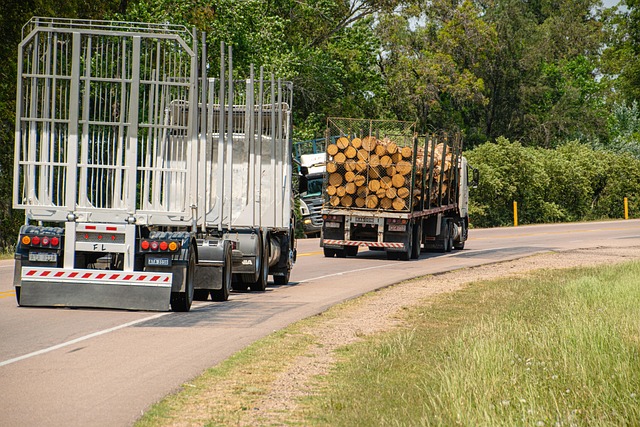
Springfield, with its rich founding history dating back to the 17th century, has undergone a remarkable transformation in the modern era. The city’s infrastructure has evolved significantly, reflecting its growth and changing needs. As Springfield continues to thrive, its urban landscape is marked by a blend of historic charm and contemporary developments.
The expansion of transportation networks, including improved roads, railways, and now advanced public transit systems, has connected Springfield to regional and global hubs, fostering economic growth. Modern buildings, tech-savvy offices, and innovative start-ups have sprung up alongside iconic landmarks, showcasing the city’s ability to adapt and thrive while preserving its unique Springfield founding history.
Cultural Revitalization: Preserving Historic Roots

Springfield, with its rich founding history, has undergone a remarkable transformation while successfully preserving its cultural roots. The city’s journey from its early beginnings to the modern era is a testament to the community’s commitment to honoring its past. By embracing its historic core, Springfield has fostered a vibrant cultural scene that attracts visitors and residents alike.
This revitalization is evident in various aspects of urban development. Historic landmarks and buildings have been meticulously restored, showcasing the city’s architectural heritage. Cultural events and festivals celebrate Springfield’s diverse communities, blending traditional practices with modern interpretations. Such efforts not only preserve the city’s identity but also position Springfield as a destination that seamlessly blends history and contemporary charm.
Economic Landscape: Opportunities and Challenges
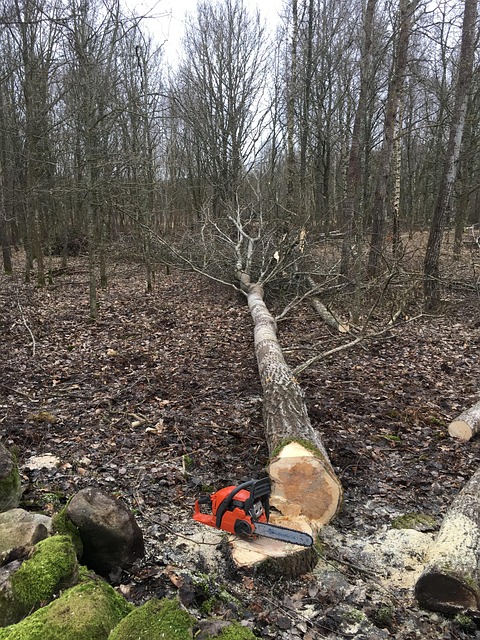
Springfield, with its rich founding history dating back to colonial times, has evolved significantly in the modern era. The economic landscape is a blend of traditional industries and burgeoning startups, presenting both opportunities and challenges. Historically known for manufacturing and agriculture, the city still boasts strong roots in these sectors, but it’s the diversification into technology, healthcare, and creative fields that’s driving its contemporary growth.
The opportunities are manifold, with a vibrant startup ecosystem fostering innovation and attracting investment. However, challenges remain, including the need to retrain and reskill workers for the new economy while navigating the transition from traditional industries. Springfield’s founding history has instilled a resilient spirit that underscores its ability to adapt and thrive in this modern context, but addressing these economic shifts requires strategic initiatives and partnerships to secure a prosperous future.
Community Engagement: Shaping the Future Together

Springfield, with its rich Springfield founding history, has evolved into a modern hub where community engagement plays a pivotal role in shaping the city’s future. Today, residents actively participate in various initiatives that foster growth and unity. This collective spirit is evident in public meetings where ideas flow freely, reflecting the diverse perspectives of Springfield’s ever-growing population. By embracing open dialogue, the community ensures that decisions regarding urban development, environmental conservation, and cultural events are inclusive and aligned with the collective vision for the city.
Through volunteer programs, neighborhood associations, and digital platforms, citizens contribute to Springfield’s transformation. They advocate for change, share expertise, and offer solutions based on their unique experiences. This collaborative approach not only strengthens the sense of community but also empowers residents to take ownership of their urban environment, leaving a positive impact on both the present and future of Springfield.


